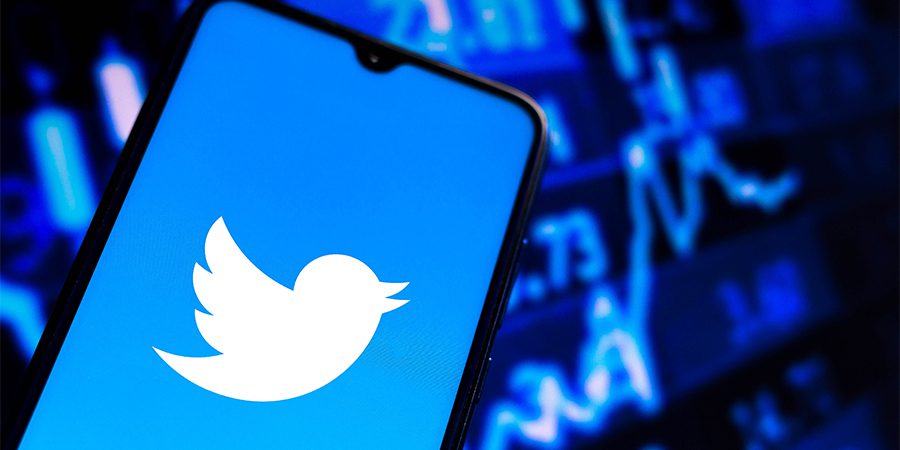In this article, we’ll look at the reasons behind Twitter’s decision to restore free API access for emergency, weather, and transportation alerts, and how it affects public institutions that depend on the platform.
Key Takeaways:
- Twitter reverses its decision, allowing verified government and publicly-owned services to use the API free of charge.
- Public institutions faced major issues after Twitter’s API paywall implementation.
- New York City’s Metropolitan Transportation Authority (MTA) stopped using Twitter for service alerts due to API access costs.
- Twitter’s shift in strategy has created problems for governments seeking to provide vital information through various channels.
The Impact of Twitter’s API Paywall on Public Services
Twitter’s decision to implement an API paywall created hurdles for various public services that relied on the platform for sharing vital updates.
Weather alerts, emergency notifications, and transportation updates were among the essential services negatively affected.
The paywall limited API access for these services, putting public safety and convenience at risk.
As a result, public institutions faced difficulties in providing real-time updates to the public through Twitter, one of the most popular social media platforms.
Public Institutions Respond to Twitter’s API Restrictions
In response to the API paywall, several public institutions experienced disruptions and sought alternative means for sharing updates.
The National Weather Service (NWS) had some of its accounts suspended on Twitter without explanation, while the Metropolitan Transportation Authority (MTA) and Bay Area Rapid Transit (BART) also faced issues with their API access.
The MTA chose to abandon its bus and train alerts on Twitter, citing the platform’s unreliability in providing consistent updates.
Instead, the MTA encouraged riders to sign up for SMS and email alerts or visit its mta.info site.
Similarly, other affected services, including the NWS, United States Geological Service, and the US Forest Service, directed users to alternative methods for receiving real-time alerts but did not completely leave the platform.
Twitter Restores Free API Access for Essential Services
Following the backlash from public institutions, Twitter has now reversed its decision, granting free API access to verified government and publicly-owned services that share weather alerts, transport updates, and emergency notifications.
Twitter’s Dev account announced the decision through a tweet, acknowledging the importance of providing these essential services without restrictions.
This move is expected to mitigate the negative impact on public institutions that had been grappling with the API paywall.
However, it remains unclear what criteria Twitter will use to verify the eligibility of these agencies and whether they will need to pay for verification on sub-accounts that require API access.
The Implications of Twitter’s Strategy Shift on Governments and Public Services
Twitter’s shift in strategy, which initially focused on monetizing its platform through API restrictions, created challenges for governments and public services.
The paywall led to increased costs and limited access to vital information, prompting some institutions to seek alternatives to Twitter for sharing essential updates.
However, with the recent reversal in policy, Twitter has acknowledged the need to strike a balance between monetizing its platform and providing necessary information access to the public.
The restoration of free API access for essential services will likely benefit both Twitter and public institutions by ensuring a reliable channel for vital updates.
Conclusion
Twitter’s decision to restore free API access for emergency, weather, and transportation alerts has been a significant development for public institutions that rely on the platform to share essential updates.
By acknowledging the challenges faced by these institutions and reversing its initial policy, Twitter has shown its commitment to balancing monetization and public service.
Moving forward, it will be crucial for Twitter to maintain this balance and continue supporting the essential services that many people rely on daily.
 Sections of this topic
Sections of this topic
















